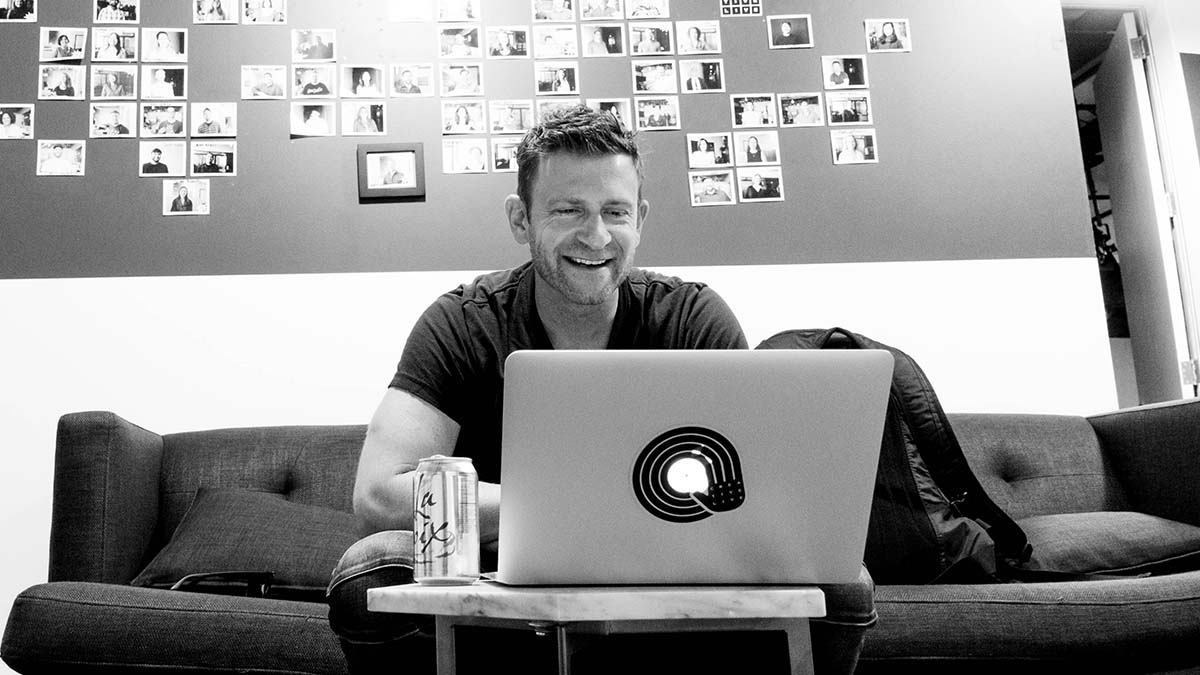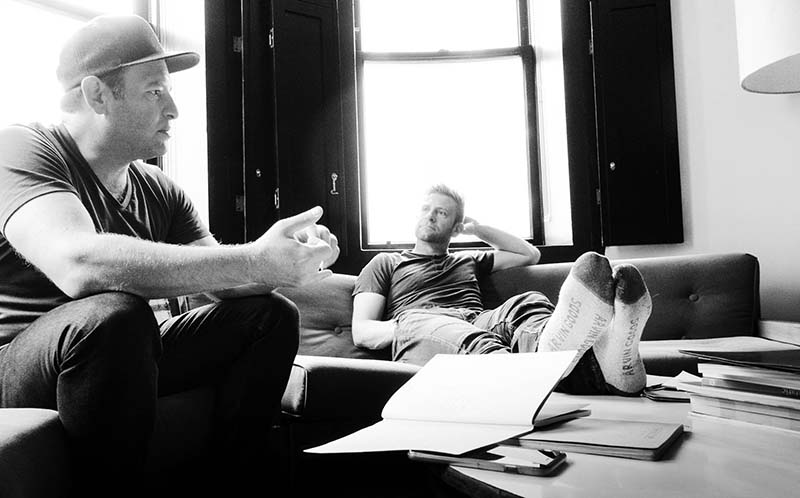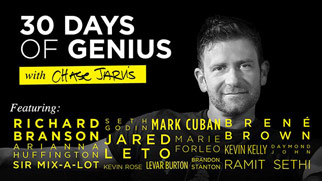I was recently reminded that the fastest way to succeed is to fail.
Literally. And yet the only reason this sounds a little weird, is because we’re constantly falling into a trap.
There’s No Perfect Plan
In fact, I fell into this trap myself not too long ago. I was trying to make this little project work out perfectly (installing a golf simulator at the studio) I was doing all the calcs on paper… Making lists from the couch of what goes where, when and how, all before I had taken any action. And when I finally got started – after all my oodles of planning – everything immediately fell apart.
And then I immediately remembered. The common belief is that all the decisions made in the right order gets us exactly the outcome we want.
But actually that’s the trap: what is in your head is purely conceptual. It’s NOT REAL until it gets out of your head and into the world – and the real world is a glorious factory for mistakes.
So much so, that even the IDEA of avoiding mistakes is a lie sold to us by suckers who believe it’s a noble pursuit. This is not to say a decent plan isn’t helpful. But most people plan way too much and then are steamrolled when something doesn’t go as planned.
How to Recover From Mistakes Quickly
Confidence is TRUSTING that when you make a mistake that you are capable of recovering quickly and gracefully.
Practically speaking, therefore: life is not about avoiding mistakes, it’s about recovering quickly from the errors that you should be willing – excited even – to make. Specifically, the faster you can make small mistakes, learn from them, and modify your behavior, the faster you win.
This is also exactly how you develop CONFIDENCE. Confidence is TRUSTING that when you make a mistake that you are capable of recovering quickly and gracefully. And yet, we have these egos that get in the way.
So – please let today’s microshow help guide you toward ACTION and through the art of making lots of mistakes, gracefully:
1. Stop Planning, Start Doing

How much time are you spending planning what you’re going to do vs. doing it? A plan is useful to provide structure and direction but as the saying goes, it never goes according to plan. So don’t waste your energy getting the plan perfect.
Get a direction and then put it into action, mold the plan as you go. If you get lost, you can always take a step back and evaluate. But progress will only be made by doing. Target 10% planning, and 90% doing.
2. It’s OK to sell lumber, but there’s real value in SAWDUST
I’ve talked about this for years but my friend Jason Fried (from his book REWORK) really nails the importance of turning the leftover stuff from your work (i.e. your throw-aways, mistakes or your byproducts) into GOLD. Highly recommend that episode on the podcast.
3. Embrace the Near-Win
Are you looking for your big break? Releasing a masterpiece? We often fixate on the grand breakthrough, the moment when everything falls perfectly into place. We yearn for that masterpiece, that shining achievement that will validate our efforts. But here’s the twist: it’s not always the big win that propels us forward. In fact, it’s the near-win, the brush with imperfection, that holds the key to our growth and development.
Embracing the near-win means recognizing the immense value in falling short, in coming up just shy of our desired outcome. It’s in those moments of imperfection, those incomplete creations, that we find the fuel to push ourselves further.
The near-win challenges us, tests our resilience, and forces us to examine our approach. It opens doors to new perspectives and reveals areas where we can improve.
4. The Power of Iteration

Collaborating with Alex Hillinger at the Ace Hotel in New York
In my book Creative Calling, I emphasize the importance of iteration as a pathway to success. Rather than getting stuck in the pursuit of perfection, embrace the idea of constant refinement.
Understand that your first attempt may not be flawless, but that’s okay. By embracing the power of iteration, you give yourself permission to learn, adapt, and evolve.
By embracing this mindset, you free yourself from the fear of failure and become more resilient in the face of challenges. Success is not a linear path but a series of iterations, each one bringing you closer to your goals. Remember ACTION > INTELLECT.
Recipe for Success: Learn, Adapt, Repeat
So this week I’m passing on the reminder I made to myself: the fastest way to success is to fail.
Remember, success is not about avoiding mistakes; it’s about learning and adapting. It’s about taking action, making adjustments, and continuously refining our approach.
Let go of the fear of failure, and instead, lean into the possibilities that arise from the process of growth and learning.
Until next time.


















